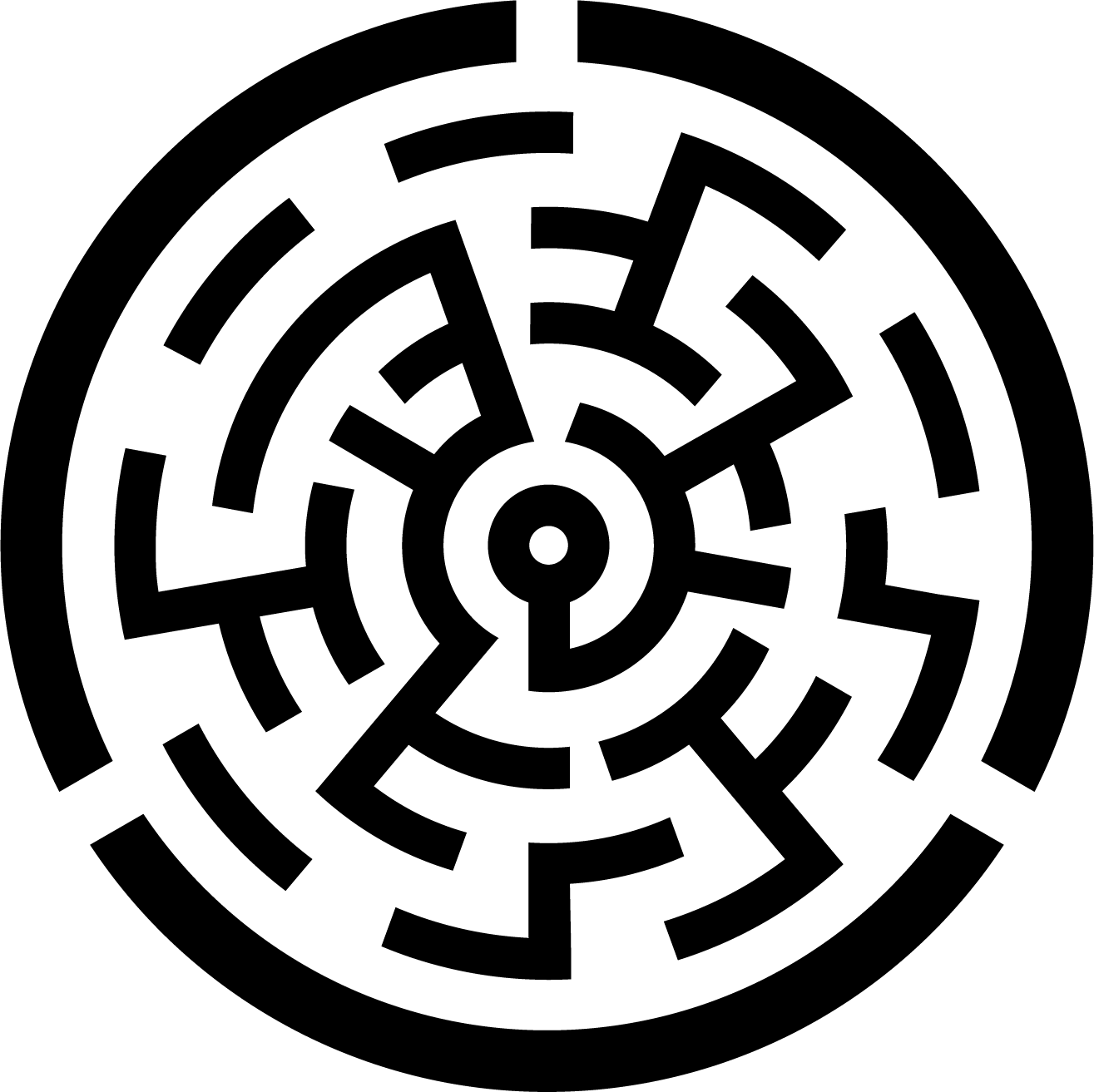I imagine we have all experienced the feeling of walking into a room and immediately sensing the colossal, tusk-endowed mammal sitting in the corner that no-one seems willing to address.
Whether in your workplace, home, or even sitting down for coffee with a friend, there are often unspoken issues affecting the space between you; like something is just a bit off…
These issues can seem silly, ie. Carl yet again leaving his dirty dishes in the breakroom sink for someone else to clean up, or as significant as destructive behaviour that goes unchecked with a partner.
When real issues go unspoken of for long enough, there can be seismic activity building beneath the surface, allowing bitterness and resentment to fester. This can be devastating to your relationships, workplace, and even your health (mind, emotion, and body).

Something needs to be named, spoken out loud, and made clear.
In many ancient cultures, the act of naming was far more significant than simply assigning a title to a person, object, or place. To name something meant taking ownership and responsibility for that thing or place. Naming also was about summoning or bringing forth the potential that existed in an unformed state. This act of naming is evident in many ancient Creation myths. The deities would give names for the phenomena they were to oversee – weather, the sea, farming, sunshine, etc.
We even see this in the Hebrew creation narrative. In Hebrew, the word meaning “to call” or “to name” is the word קרא (qārāʾ). When the animals are brought to the newly created Adam to be “qara-ed”/named, this wasn’t because the Creator had run out of clever ideas, but was placing animals under the care of humanity (we may have run off the rails on that one).
There is something about naming that takes the ethereal or conceptual and makes it concrete.
We have a similar way of thinking today. Have you ever known someone who thought something inside of their body was not right and yet they wouldn’t go to the doctor for fear of the diagnosis? Somehow there is this real sense that if we don’t look at something, or if it isn’t named, then it doesn’t really exist. This is the idea behind the popular saying, “sweep it under the rug”.
One of the most powerful acts in the recovery movement and 12-step programmes happens before even arriving at “Step 1”. It is the act of showing up and naming why we’re there:
“Hi. I’m Carl, and I never clean the dishes.”
This act of naming doesn’t only extend into the difficult places in our lives. Maybe for some, there are gifts within you and purposes in your life that you have always known are deep down inside, but they haven’t been spoken to or named. Neither you nor anyone else has summoned them to come to life, and you’re living with untapped potential and a sense of fulfilment.
It takes tremendous courage to step out and name what is missing, painful, unjust, or difficult in our relationships. Sometimes it takes even more courage to identify and name the light and darkness within ourselves. But once it’s named, we can then take ownership of the issue and begin the journey towards freedom, healing, reconciliation, transformation, and ultimately, JOY!
Of course, going around naming what is wrong with everything you see isn’t the goal, and these things can go sideways. The key is to begin and end from a posture of compassion for ourselves and for the person with whom we are communicating. The act of naming can bring a shared sense of reality to a situation, and from that place, actual change and transformation can take place.
May we all find the courage to begin escorting our “elephants” to the door and start living from our truest and deepest self.






Comment